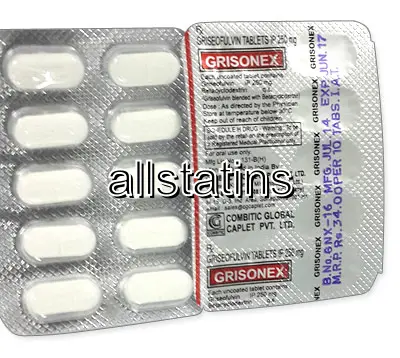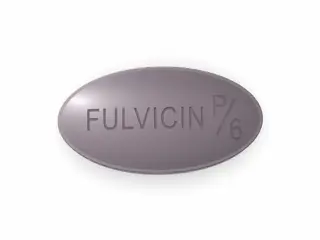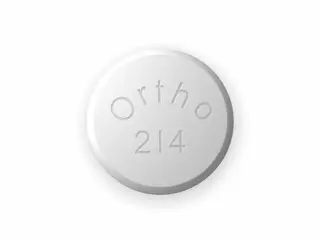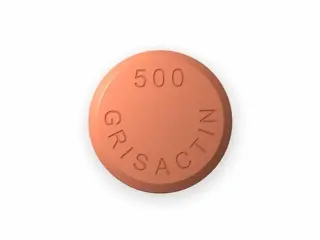Buy Griseofulvin Online in the USA at All Statins
| Package | Dosage | Price | Price per Dose | |
|---|---|---|---|---|
| Dosage: 250mg | ||||
| 360 pill | 250mg | $439.51 | $1.22 | |
| 180 pill | 250mg | $233.20 | $1.29 | |
| 120 pill | 250mg | $165.03 | $1.38 | |
| 90 pill | 250mg | $136.33 | $1.51 | |
| 60 pill | 250mg | $104.03 | $1.74 | |
| 30 pill | 250mg | $59.18 | $1.96 | |

Griseofulvin Description
Overview of Griseofulvin
Griseofulvin is an antifungal medication widely used to treat dermatophyte infections of the skin, hair, and nails. It is derived from the fungus Penicillium species and has a long history of effective use in combating stubborn fungal infections. The medication works by inhibiting fungal cell division, which ultimately leads to the death of the fungus. Due to its specific mechanism, griseofulvin is particularly effective against dermatophytes, the fungi responsible for conditions such as athlete's foot, ringworm, and nail fungus.
How Griseofulvin Works
Griseofulvin interferes with fungal mitosis by binding to microtubules, which are essential for cell division. This prevents the fungi from multiplying and spreading, allowing the immune system to clear the infection. Since griseofulvin targets actively dividing cells, it is most effective when treatment begins early and the infection is confined to regions where fungal growth is ongoing. It is absorbed into the bloodstream after oral administration and is deposited in keratinized tissues, such as skin, hair, and nails, which facilitates its antifungal action in these areas.
Benefits of Using Griseofulvin
One of the main advantages of griseofulvin is its proven efficacy in treating resistant fungal infections, especially those involving nails and hair. It provides a systemic approach, meaning it reaches infections deep within tissues that topical treatments might miss. Many users have reported noticeable improvements within several weeks of consistent therapy. Additionally, griseofulvin is generally well tolerated when used as directed, and it has a long-standing safety profile supported by clinical research.
Possible Side Effects and Precautions
While effective, griseofulvin may cause side effects in some patients. Common adverse reactions include gastrointestinal disturbances such as nausea, vomiting, and diarrhea. Some users may experience headaches, dizziness, or skin rashes. More rarely, it can cause liver enzyme elevations or allergic reactions. Because of potential liver effects, regular monitoring of liver function is recommended during treatment. Patients with liver disease or who are pregnant should consult their healthcare provider before using this medication. Alcohol consumption should be avoided during therapy, as it can increase the risk of liver toxicity.
Usage Recommendations
Griseofulvin is typically prescribed as an oral tablet. The dosage depends on the type and severity of the infection, as well as the patient's age and body weight. It is usually taken with a fatty meal to enhance absorption. Treatment duration varies but often lasts several weeks to months, especially in cases of nail fungus. Adherence to the prescribed regimen is crucial for successful outcomes. Patients should continue the medication until the full course is completed, even if symptoms improve earlier, to prevent recurrence.
Conclusion
Overall, griseofulvin remains a trusted choice for treating persistent dermatophyte infections. Its ability to target fungi within keratinized tissues makes it stand out among antifungal options. However, due to potential side effects and contraindications, it should be used under medical supervision. Proper monitoring and adherence to dosage instructions help maximize benefits and minimize risks, making griseofulvin an effective component in the management of fungal skin and nail infections.



